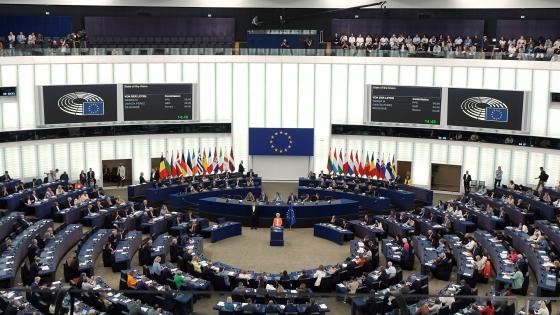DP8010 Adjustment in the Euro Area and Regulation of Product and Labour Markets: An Empirical Assessment
This paper analyses the adjustment mechanism in the euro area. Results show that the real exchange rate (REER) adjusts in such a way to redress cyclical divergences and that after monetary unification REER dynamics have become less reactive to country-specific shocks but also less persistent. It is found that regulations, notably affecting price and wage nominal flexibility and employment protection, play a role in the adjustment mechanism. Indicators of product and labour regulations appear to matter for both the reaction of price competitiveness to cyclical divergences (differences between national and euro-area output gaps) and for the inertia of competitiveness indicators. Moreover, regulations appear to matter also for the extent to which common shocks may have country-specific effects on price competitiveness, as revealed by their interaction with proxies of unobservable common shocks á-la Blanchard and Wolfers (2000). In light of the tendency towards less stringent regulations in past decades, the results seem consistent with the observed reduction in the persistence of inflation differentials, and have implications for the design of adjustment-friendly product and labour market reforms.

